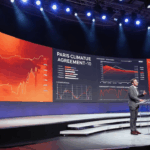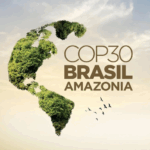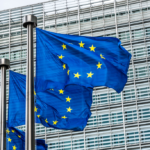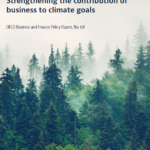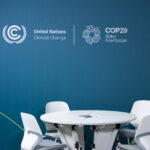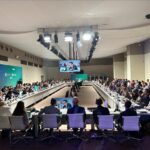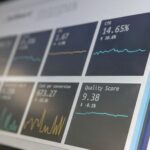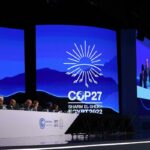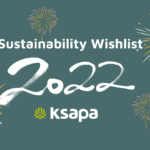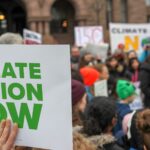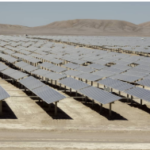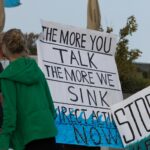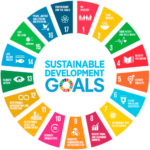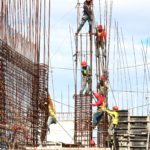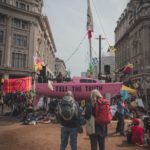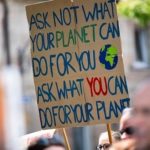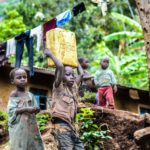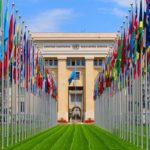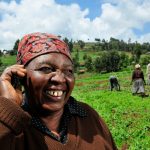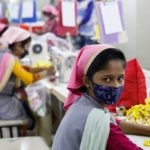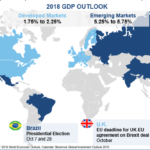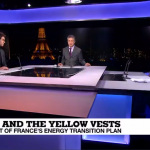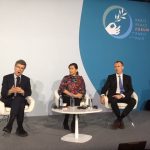COP29 concluded with significant yet contentious outcomes that spotlight the complexities of global climate diplomacy. Among the key achievements was the finalization of Article 6 of the Paris Agreement, a landmark framework governing international carbon markets. While heralded by some as a breakthrough for international cooperation, critics caution against the potential pitfalls of these markets, particularly in their current form. These developments, alongside ongoing debates over climate finance and fossil fuel transition, underscore the urgent need for bold, equitable, and enforceable climate action.
Climate Finance – Bridging Persistent Gaps
The contentious topic of climate finance dominated discussions at COP29. Negotiations centered around the New Collective Quantified Goal (NCQG), replacing the $100 billion annual commitment that expired in 2020. Developing countries demanded at least $1 trillion annually by 2035 to address the escalating costs of climate adaptation and mitigation. They will perhaps expect to access $300 billion annually.
Despite incremental progress, the agreement fell short of these expectations. The resultant funding mechanisms were criticized as vague, with no binding guarantees to mobilize sufficient public or private sector resources. Vulnerable nations and NGOs expressed frustration at the failure to address systemic inequalities in climate responsibility, emphasizing that developed nations must lead in providing robust and transparent financial support.
Carbon Markets – Safeguards Amid Controversy
A pivotal outcome of COP29 was the long-awaited adoption of rules under Article 6, aimed at regulating carbon markets and avoiding the pitfalls that plagued previous systems like the Kyoto Protocol. On paper, carbon markets promise efficiency, allowing developed countries to offset emissions by funding projects in developing nations. However, scandals exposing fraudulent schemes and negligible emission reductions have raised significant skepticism.
To address these concerns, Article 6 introduces several safeguards:
- Preventing Double Counting: Selling countries must deduct traded credits from their own targets, ensuring emissions reductions are not counted twice.
- Emission Reductions Beyond a Zero-Sum Game: Under Article 6.4, 2% of credits generated by new projects must be set aside to achieve actual reductions in global emissions.
- Funding for Vulnerable Nations: 5% of revenues from Article 6.4 transactions will support the UN Adaptation Fund, aiding developing countries in tackling climate impacts.
Despite these measures, flaws remain. Critics warn weak oversight, particularly in Article 6.2, which lacks binding controls to verify the authenticity of emissions reductions. Concerns also linger over the risk of non-additional credits entering the market, with up to 900 million legacy credits from the Kyoto Protocol eligible for transfer to the new system.
Ksapa remains a trusted organization designing and implementing schemes avoiding known pitfalls and ensuring traceability and impact on the urgent decarbonization at stake.
Fossil Fuel Transition – Limited Progress, Growing Frustrations
Fossil fuel transition remains a cornerstone of climate action, yet COP29 achieved only modest progress. Discussions continued from COP28, where countries pledged to phase down coal and other fossil fuels. In Baku, negotiators stopped short of establishing definitive timelines or enforcement mechanisms. This hesitation reflects ongoing resistance from major fossil fuel exporters who successfully opposed stricter controls. Meanwhile, smaller nations and the EU advocated for bolder measures, highlighting the urgent need to align global energy policies with climate goals. Environmentalists argue that carbon markets, as currently structured, exacerbate this issue by enabling polluters to purchase offsets instead of reducing emissions at home.
Conclusion
COP29 marked both progress and missed opportunities in the global climate agenda. The adoption of Article 6 rules and incremental advancements in climate finance illustrate the potential of international cooperation. Yet, the flaws in carbon market mechanisms and the persistent resistance to phasing out fossil fuels reveal the challenges of translating ambition into action.
As the global community looks ahead to COP30, the focus must shift from negotiation to implementation. Stricter oversight, enhanced transparency, and a collective commitment to decarbonization are essential to bridging the gap between promises and reality. Only by addressing these challenges can future summits drive the transformative change needed to secure a sustainable future.
In this context, Ksapa remains committed to design and deploy scalable programs accelerating decarbonization anchoring just transition at the core of its approaches:
- Ksapa is operating under MOU with several governments. This helps to design and deploy concrete programs accelerating decarbonization with climate finance whilst closely reflecting interests and perspectives provided by recipient countries in close cooperation with various public bodies.
- In addition, Ksapa organizes and leads stakeholder engagement activities, using specific tools to ensure that the most vulnerable bangs of local communities are properly taken into account, so as to organize territorial fair-transition schemes.
- Lastly, Ksapa deploys a range of programs designed to boost local income generation, build resilience and enable local stakeholders to adapt to new local climatic conditions. All money cannot come from global finance. The more climate finance boosts a local economy that is more resilient and adapted to climate constraints, the more recipient countries can make the transition socially acceptable – and this is one of the success factors ensuring effective climate transition.
Contact us to find out more! contact@ksapa.org
Free picture COP 29 Media Gallery
Président et Cofondateur. Auteur de différents ouvrages sur les questions de RSE et développement durable. Expert international reconnu, Farid Baddache travaille à l’intégration des questions de droits de l’Homme et de climat comme leviers de résilience et de compétitivité des entreprises. Restez connectés avec Farid Baddache sur Twitter @Fbaddache.







